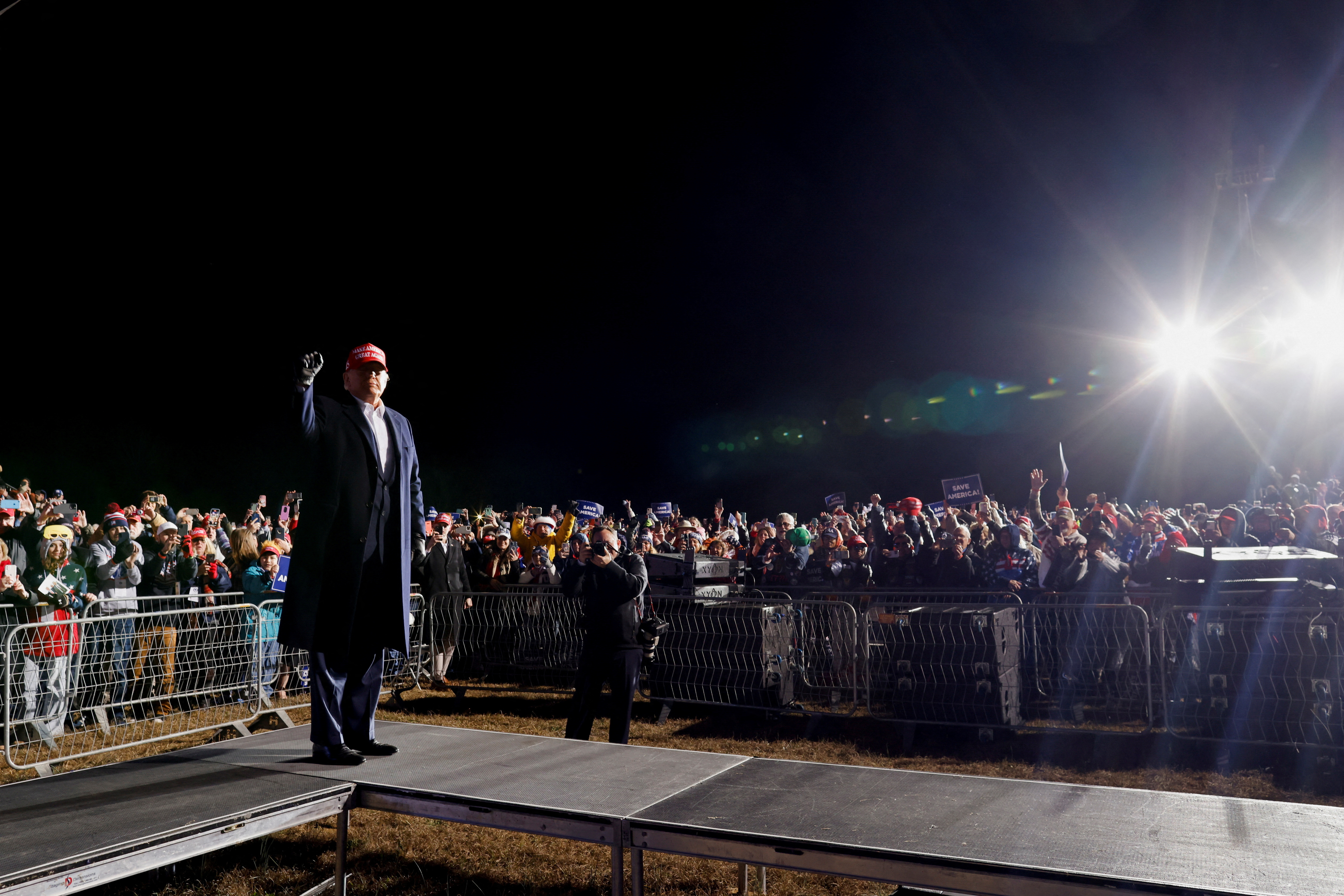Bob Geldof, the iconic figure behind Live Aid, has unleashed a fiery denunciation of the political and corporate elite, labeling figures like Donald Trump, J.D. Vance, and Elon Musk as a "confederacy of dunces". His comments come as we mark the 40th anniversary of a movement that once galvanized millions in aid for famine-stricken Ethiopia. In stark contrast to the original spirit of Live Aid, Geldof questions why charity has devolved into an embarrassment under the stewardship of today"s power players.
Charity"s Fall from Grace
Geldof"s reflections on the 40th anniversary of Live Aid expose a troubling trend. The charity sector, once a beacon of hope and action, is now marred by the antics of those who prioritize profit over people. This deterioration is evidenced by the rise of celebrity humanitarianism, which often feels more like performative activism than genuine support for marginalized communities. As reported by K. Mitchell, the emotional appeal of celebrity involvement can overshadow the complex realities of poverty and suffering.
Political Thuggery and Corporate Greed
Geldof’s harsh criticism of Trump, Vance, and Musk underscores a broader narrative about the intersection of politics and philanthropy. As these figures wield their influence, they often prioritize their self-interest over the urgent needs of society. This is not merely a personal failing but a systemic issue in which the wealthy exploit charitable efforts as a means to bolster their public image while failing to address the root causes of inequality. According to B. Galle, the market failures justifying tax subsidies for charitable organizations also highlight the inadequacies in monitoring political figures and organizing grassroots activism.
\n\n
X" logo installed atop Twitter building, spurring San ...
Celebrity Activism and Its Implications
The phenomenon of celebrity activism brings both opportunities and ethical dilemmas. While it can draw attention to critical issues, as explored in a 2019 Q&A, it risks overshadowing the voices of those directly affected by the issues at hand. Celebrities often leverage their platforms for advocacy, yet the effectiveness of such efforts is frequently called into question. The question remains: Are we genuinely addressing systemic injustice, or are we merely pacifying the public with feel-good narratives that lack substantive impact?
The Role of Governance in Charity
Geldof"s critique resonates with ongoing debates about the role of governance in charitable endeavors. The current political climate, characterized by a retreat from collective responsibility, reflects a dangerous trend where the state abdicates its duty to support vulnerable populations. This is perilous, as charity should not replace essential services that governments are obligated to provide. The implications are clear: when political leaders fail to engage meaningfully with the needs of their constituents, it perpetuates a cycle of dependency on sporadic charitable acts rather than systematic change.
\n\n
Trump to make first 2024 campaign appearance in South ...
Demand for Ethical Philanthropy
In light of Geldof"s remarks, there is a pressing need for a reevaluation of how philanthropy operates in our society. As indicated in recent research, the effectiveness of celebrity philanthropy hinges on transparency and accountability. We must demand higher standards from those who wield influence and wealth, ensuring that their contributions translate into tangible benefits for those who need them most. The time has come to end the era of performative charity and to embrace a model that prioritizes justice and equity.







![[Video] Gunfire between Iraqi security forces and Sadr militias in Baghdad](/_next/image?url=%2Fapi%2Fimage%2Fthumbnails%2Fthumbnail-1768343508874-4redb-thumbnail.jpg&w=3840&q=75)
